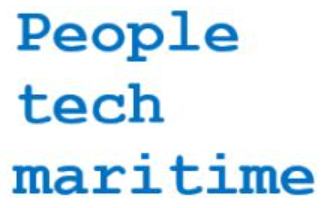For years we’ve had minicab companies in London which would arrive after a telephone call and take you anywhere, for an extremely competitive rate. Sometimes the rates are so cheap the driver could hardly be making minimum wage – £20 for a taxi ride which could take 40 minutes, and the driver has to go home afterwards.
Uber arrives promising to ‘disrupt’ this.
At the core of the operation you have a driver, a car, the costs of paying the driver and running the car, which are the same for Uber and for a minicab company. Any difference is in other factors – how much the administration costs, which a customer prefers, what the driver prefers, whether the car utilization can be improved, and whatever is spent on technology. How does Uber have the edge over Sams Cars, my local minicab firm, here?
Sams Cars has an inexpensive office in one area of North London with often one staff member. Uber has a big technology investment which it can share over many cities, perhaps one office covering a whole city. So it could work out cheaper per journey. But it may not.
How do drivers feel? I haven’t asked any. It is easy to imagine drivers at Sams Cars feel more part of an operation, if they are a valued part of the company and the company is valued by its customers. Although I don’t think they get any regular guaranteed income. An Uber driver gets ‘valued’ by its star rating on the website, which may not feel so great. I don’t know.
Can Uber help drivers achieve higher utility rate, for example finding a passenger on the way back? It is possible to imagine, since they have a bigger scale. It is also possible to imagine their utility rate is very low, since it is governed by how many drivers feel it is worth coming to work today. I would imagine Sams Cars probably makes some predictions and spreads the work around different drivers, once you get on its books as a driver. And minicabs also operate on a wide scale too, like London-wide Addison-Lee.
Uber has lots of expensive staff to employ, I would imagine Barack Obama’s campaign manager David Plouffe doesn’t come cheap.
Uber can be pretty cruel to its drivers, as I discovered taking an Uber in Mumbai once, where the driver felt obliged to follow a dreadful route recommended by the computer software through the back of people’s houses.
So what is Uber’s advantage – is it that customers prefer to book a taxi with some clicks on a screen rather than a telephone call? Or an obsession with mobile phone apps?
Is it that as a ‘hot’ Silicon Valley company it can get funding and use that to undercut the prices of its fares?
There are plenty of “Software for Domain Experts” angles here. In which system are the minicab drivers happier and feeling more valued? In which system is the customer most comfortable with? Is the ‘winning system’ the one where the system works the best – or where the hype and the technology company’s agenda is winning?

Leave a Reply
You must be logged in to post a comment.